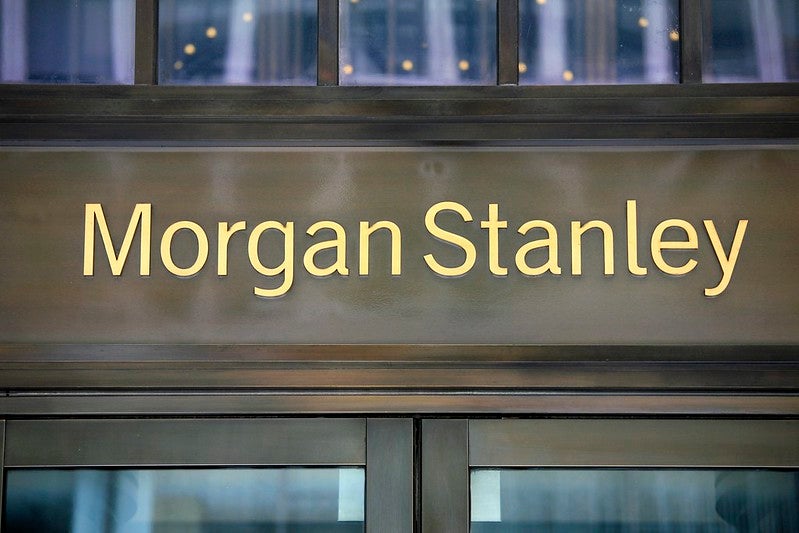
Australian investment manager AMP has ditched plans to offload its New Zealand wealth management unit due to the economic turbulence triggered by the Covid-19 crisis.
This marks a U-turn from its recent announcement to continue with the plan of divesting the business.
As the reason for the change in its decision, the company said that the offers for the division fell short of its expectations.
The firm conceded this after talks with several interested parties on the sale.
AMP will offer more updates on the unit at the 1H 20 results scheduled to be released this August.
“New Zealand wealth management will be retained by AMP and will now focus on plans to develop and grow the business in its existing markets,” the firm said in a statement.
How well do you really know your competitors?
Access the most comprehensive Company Profiles on the market, powered by GlobalData. Save hours of research. Gain competitive edge.

Thank you!
Your download email will arrive shortly
Not ready to buy yet? Download a free sample
We are confident about the unique quality of our Company Profiles. However, we want you to make the most beneficial decision for your business, so we offer a free sample that you can download by submitting the below form
By GlobalDataIn March this year, AMP withdrew its outlook for 2020 due to the turmoil caused by the pandemic while stressing that its capital position and liquidity remain strong.
However, it revealed at that time that its AMP Life divestiture is on track to conclude by this June.
AMP has been under the lens in recent times owing to a fee scandal. The banking royal commission revealed that the firm charged fees for no service and also misled regulators.







